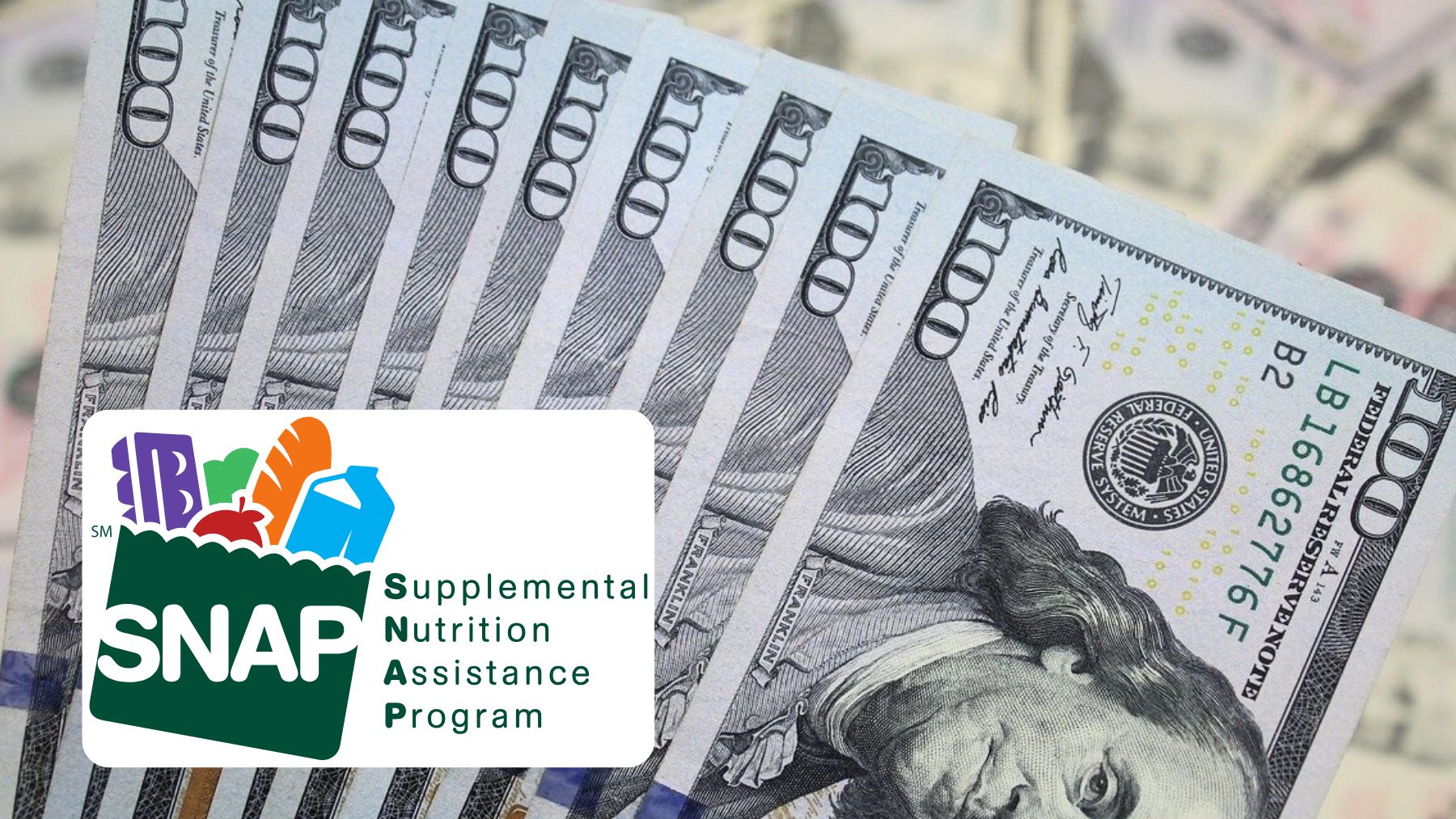The Supplemental Nutrition Assistance Program (SNAP) remains a vital lifeline for millions of low-income families in the United States. In Florida, SNAP ensures that households at risk of food insecurity can afford nutritious groceries. Overseen by the state’s Department of Children and Families (DCF), the program provides monthly benefits to eligible individuals and families using Electronic Benefit Transfer (EBT) cards.
In January 2025, the DCF continues its commitment to deliver SNAP benefits on schedule, helping Florida families maintain access to essential food resources. With payment dates staggered throughout the month, here’s what you need to know about maximum benefit amounts and this week’s payment dates.
Maximum SNAP benefit amounts in Florida
For October 2024 to September 2025, the USDA set maximum SNAP allocations for Florida and other states in the lower 48 and DC. These amounts vary by household size:
- 1 person: $292.
- 2 people: $536.
- 3 people: $768.
- 4 people: $975.
- 5 people: $1,158.
- 6 people: $1,390.
- 7 people: $1,536.
- 8 people: $1,756.
- Each additional person: $220.
SNAP payment schedule for the end of January 2025
Florida’s SNAP payments are distributed throughout the month, based on the eighth and ninth digits of each recipient’s case number (read backward, excluding the 10th digit). This week’s schedule is as follows:
- January 24: Case numbers 82-85.
- January 25: Case numbers 86-88.
- January 26: Case numbers 89-92.
- January 27: Case numbers 93-95.
- January 28: Case numbers 96-99.
If your case number falls within these ranges, your benefits should be deposited on the corresponding date. If there are any issues or delays with your benefits, don’t worry. Beneficiaries are encouraged to contact the Department of Children and Families (DCF) directly at 1-866-762-2237 to resolve any discrepancies. The DCF is available to assist with any concerns or questions you may have, so you can receive your benefits without any issues.
How the SNAP system works
The Supplemental Nutrition Assistance Program (SNAP), formerly known as the Food Stamp Program, has continued to provide crucial support for over 42 million low-income families across the United States. This vital initiative helps those in need by making nutritious groceries affordable.
Similar to other states, Florida guarantees that eligible residents receive monthly benefits through the program. The Department of Agriculture’s Food and Nutrition Service (FNS) administers the program at the federal level, while state governments are responsible for the distribution of benefits.
In Florida, the Department of Children and Families (DCF) oversees the SNAP program, ensuring that eligible individuals receive their benefits throughout the year. Recipients receive their benefits via Electronic Benefit Transfer (EBT) cards, which function similarly to debit or credit cards.
Each month, funds are loaded onto the EBT cards, allowing recipients to purchase a variety of nutritious foods, including proteins, cereals, fruits, and vegetables. This support helps low-income families maintain a balanced diet and avoid health-related issues caused by poor nutrition.
However, there are some restrictions on what SNAP benefits can be used for. Recipients cannot use their benefits to buy hot or prepared foods, alcohol, tobacco, or non-food items like gasoline and household products. Violating these guidelines can result in penalties, including the suspension of benefits.

